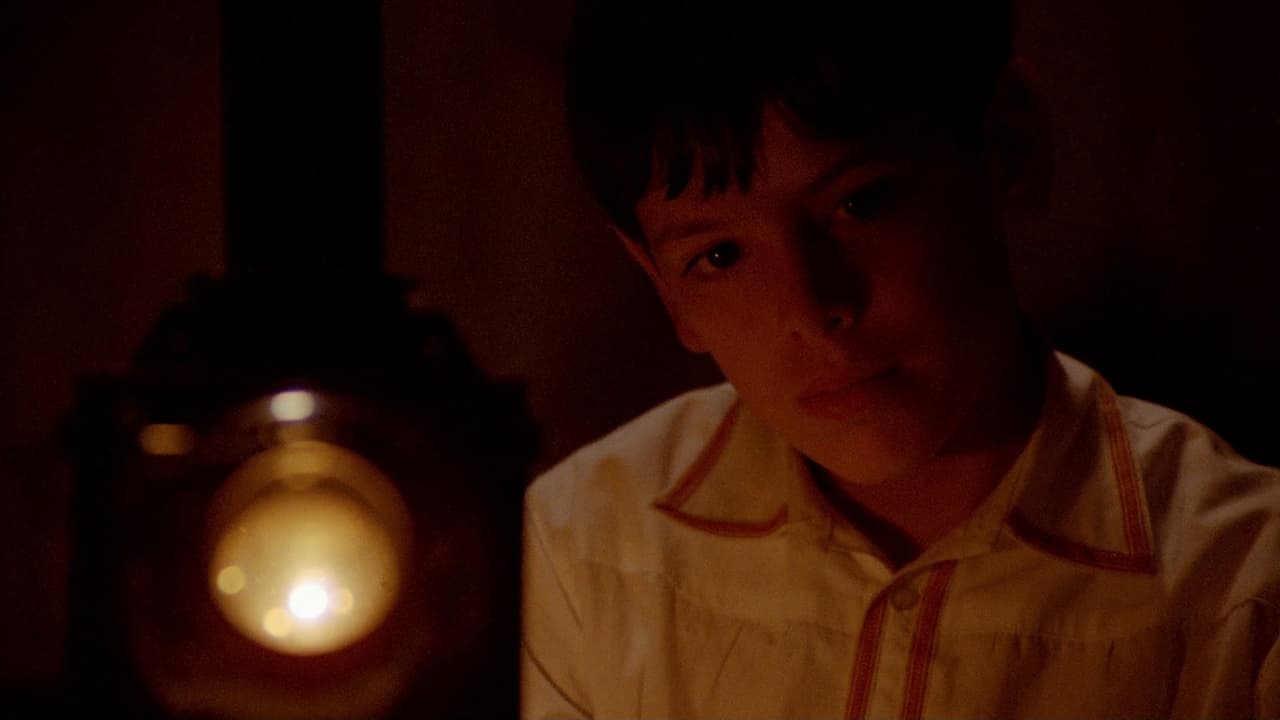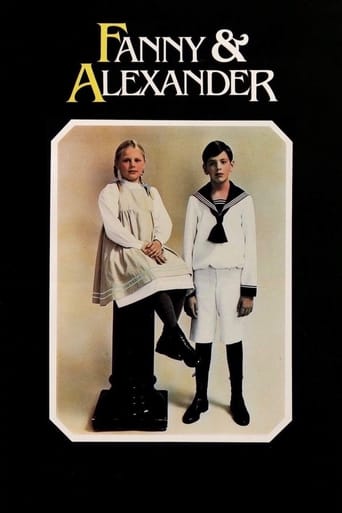



the audience applauded
This is a small, humorous movie in some ways, but it has a huge heart. What a nice experience.
View MoreStory: It's very simple but honestly that is fine.
The movie turns out to be a little better than the average. Starting from a romantic formula often seen in the cinema, it ends in the most predictable (and somewhat bland) way.
View MoreIt may sound strange, but my advice is to see the shorter version first in order to fully appreciate this. Being a "love it or hate it" type of movie, only then you can decide whether the longer version is worthy of your time or not. I've seen the shorter version first and it left me hungry; it clearly feels rushed and incomplete; there are many moments that don't seem to interconnect very well. I admit, the cutting could have been done better for the shorter version; it feels too abrupt and affects the overall pacing. Nevertheless, it fueled my interest for the four-part miniseries; I wanted more details! Just as I anticipated, the longer version is clearly superior because of the extraordinary character development and the inclusion of many key scenes. It really feels that Bergman gave the very best of him and "squeezed" all his inspiration into the making of this movie. Everything here is extremely colorful and rich-textured. Indeed, the cinematography and dialogues (especially monologue scenes) are very reminiscent of the works of Andrei Tarkovsky. I must add that there are many semi-horror moments throughout the movie.
View MoreClocking in at 3 hours this is a long movie and it is rambling as well. Ingmar Bergman with his cinematographer Sven Nyqvist has made a gorgeous looking film, the art and set direction is exemplary.The film is set in a Swedish town in the early years of the 20th Century. The focus is on the Ekdahl household, a theatrical and gregarious family, there is warmth and bawdiness.Fanny and Alexander have a seemingly idyllic family life but things change when their father Oscar dies from a stroke. Now the children become more important in the film, almost soon their mother Emilie marries the Bishop Edvard, who lives an austere lifestyle with his family. The children are not happy under this stern household which is a contrast to the warmth and love that had previously existed.In its kernel, the film is not that far departed from David Copperfield. The priest is really Mr Murdstone, who has charmed the beautiful widow but has a heart of darkness that Alexander immediately senses. As Edvard cannot gain the children's respect he becomes a brute. The film also borrows from magical realism especially in the latter part as a Jewish family comes to the rescue of the children and revenge is taken against Edvard who refuses to let their mother go.The film is leisurely paced, the second half is more interesting plot wise, although you end up shouting at the screen at Emilie. Why does she want to marry so soon and accepts Edvard's conditions. She really did not care for her children's well being at all and puts them all at risk.In some ways this is Bergman's most accessible film, light and darkness but it is also too long, even self indulgent.
View MoreI've seen this movie twice in my life. The first time I was 18 years old, I came home an afternoon after school and Fanny and Alexander was on TV. Having heard of it endlessly throughout my childhood (pretty much unavoidable as a Swede), I was intrigued. After a few minutes, I decided I couldn't stop watching. I was completely mesmerized. I couldn't put my finger on it, but I had never seen anything like it before. I ended up watching the whole three hours (cinematic release, unfortunately) and postponing whatever plans I had. And it stayed with me. Fastforward a few years and last week, I watched this movie again, this time of older age, having seen several other Bergman movies, having read books about him and with an education in film studies. And how I cried. There is something about Ingmar Bergman that has an amazing capacity to mediate and depict feelings and thoughts I never knew how to put word to. This masterpiece, as the climactic final chapter to Ingmar Bergmans magnificent directing career, has everything. It leads you through life and death, through love and hate, through magic and disbelief, through hope and despair. Bergman has a reputation of being difficult and slow, and rightfully so (although many of his other films are fantastic too). But Fanny and Alexander is easier than his others, yet also more graceful and whole. Only once before have I experienced characters in a film resonating profound feelings and emotions of mine, and that was in Persona, another Bergman movie. Seeing so many of his actors once again on screen, this time of old age, many today deceased, join together because "everything must carry on as usual". I experienced a chilling encounter with life, mortality but also the hope in spirituality and beauty. Having dived into the great well of beautiful art that is Bergmans life and career, I am of course biased. But even before having inserted myself in his works, I found this movie absolutely magnificent. And I hope you might too.
View MoreReleased in 1982 in a 5-hour version for Swedish television and cut to 180 minutes for theatrical release, FANNY AND Alexander was meant to be Ingmar Bergman's last film. Though the great auteur lived on another 25 years and even wrote and directed some smaller projects, FANNY AND Alexander can still be seen as a great capstone to decades of legendary cinema.FANNY AND Alexander deals with the great two preoccupations of Bergman's career, namely the absence of God and the unbridgeable gaps between human beings, but the result is wonderfully life-affirming. Fanny and Alexander are the children of Oscar and Emilie Ekdahl, actors in Uppsala circa 1907, but the film gives a panorama of the extended Ekdahl family, presided over by grandmother Helena, uncles Gustav Adolf (a restaurateur and the film's most comedic presence) and Carl (a professor who has fallen into debt and is trapped in a loveless marriage), their wives and children, and the selfless Jewish shopkeeper Isak Jacobi. This Swedish family lives in an Old World opulence that is hard to believe for audiences today, especially for a country whose class system by and large disappeared after the war. The rigid interaction among people not closely acquainted and the deference of servants to their employers make for gestures as alien to us 21st century viewers as a Noh play.In a way, FANNY AND Alexander is like those big novels of a century ago, by Tolstoy or Galsworthy, dealing with the vicissitudes of a whole family. The vaster family drama, however, is only a backdrop to a more personal one: Fanny and Alexander are soon orphaned, and their widowed mother eventually remarries, this time with a cruel clergyman. The children move from the freedom and comfort of the Ekdahl home to the austere bishop's place, where the children are punished for the slightest infraction by beatings or being locked up in the attic. The Ekdahls' torment living under the bishop is the great crisis of the film, and their unexpected liberation from it presents Alexander with a burden that he will carry into his budding manhood.The original television version is the way to see Bergman's final masterpiece. Don't be daunted by the length: 5 hours should not be a problem in an age when people will watch an entire season of a sitcom on DVD in one sitting. FANNY AND Alexander is not slow, meditative cinema like, say, Andrei Tarkovsky or Béla Tarr, but rather Bergman is always presenting the viewer with some engaging little drama. The theatrical cut, which Bergman made only with the greatest regret, is a very different (and much weaker film), cutting out much of the film's magical realism, the touching meditations on growing old represented by the character of the grandmother, and some vivid depictions of early 20th-century Sweden.
View More